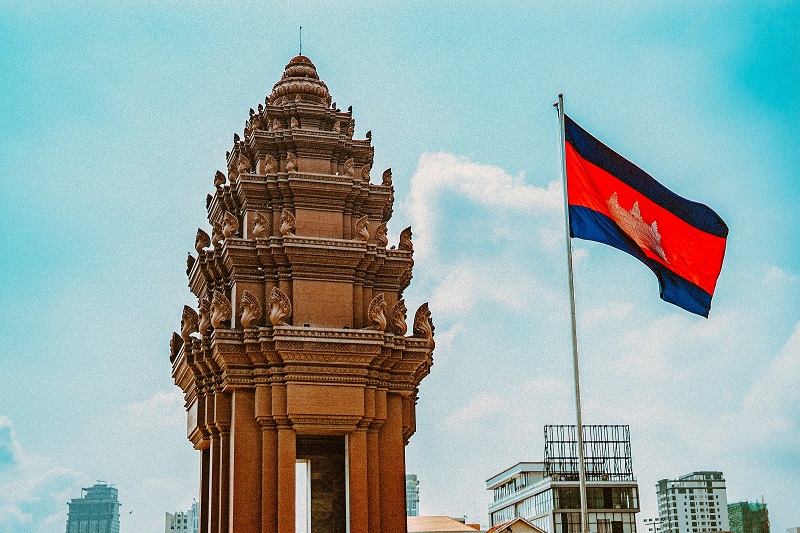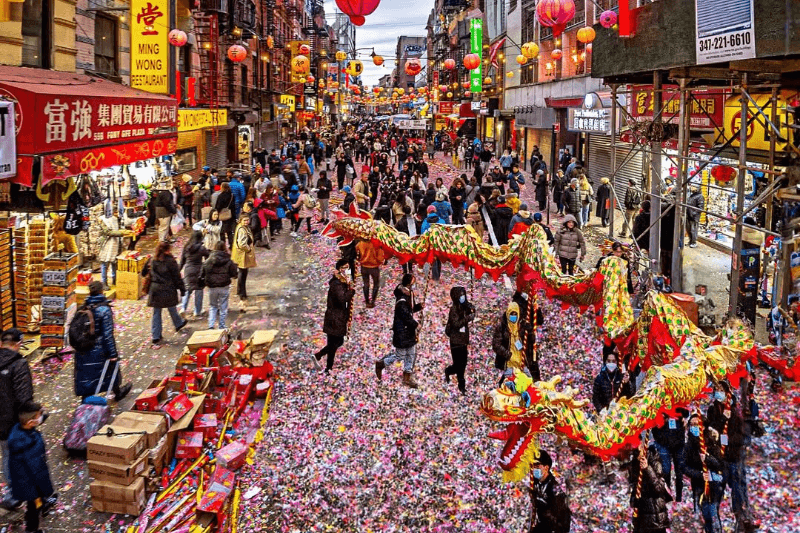
Cambodia’s Ruling Party Celebrates Election Victory Amid International Scrutiny
The Cambodian People’s Party (CPP), which has long been in power in Cambodia, declared a resounding victory in the most recent elections by winning 120 of the 125 available seats in the parliament. However, allegations of stifling opposition have clouded the election, drawing ire from the United States and other Western nations. A generational shift in the CPP’s top positions is signalled by the dictatorial leader Hun Sen’s intention to transfer the prime ministership to his oldest son, Hun Manet. Hun Sen has been in power for 38 years. Let us examine the ramifications of the election results and the responses from other countries as the world community doubts the elections’ validity.
The dictatorial leader Hun Sen’s Cambodian People’s Party won a landslide victory in the most recent elections, winning a resounding majority of seats in the parliament. Over the next five years, this overwhelming victory has determined a clear mandate for the party’s programs and leadership. After nearly 40 years in office, Hun Sen, 70, is getting ready to hand over the reins to Hun Manet, who is presently in charge of the army in Cambodia. Hun Manet is Hun Sen’s eldest son. The CPP is prepared for a more comprehensive generational change within the party’s top leadership after Hun Manet won his first parliamentary seat on Sunday.
The primary challenger to the CPP in the 2013 elections, the Cambodian National Rescue Party (CNRP), lost by a razor-thin margin. Hun Sen responded to this threat by cracking down on opposition figures, which resulted in the CNRP being dissolved by the nation’s courts. The National Election Committee prohibited the unofficial CNRP successor, the Candlelight Party, from standing in the most recent elections due to a procedural error, significantly reducing opposition representation.
Keep Reading
Concerned about the impartiality of the election, the United States, the European Union, and other Western nations declined to send observers. They accused the Cambodian authorities of engaging in a pattern of threats and harassment against political opposition, media, and civil society, which undermined the democratic spirit of the country’s constitution and its international obligations. The U.S. State Department consequently announced punitive actions, such as visa restrictions on anybody involved in subverting democracy and suspending international assistance programs.
Under Hun Sen’s leadership, Cambodia has become closely aligned with China. China’s Foreign Ministry congratulated Cambodia on its successful elections and voiced optimism for its future growth despite criticism from other countries. ASEAN Parliamentarians for Human Rights, a regional advocacy group, called on all democracies to condemn the elections and urged the Cambodian government to stop persecuting political opponents and free political prisoners. They demanded an impartial probe into electoral fraud and human rights breaches.
With the Candlelight Party barred from participating, FUNCINPEC, a royalist party, emerged as the primary beneficiary of any anti-CPP sentiment. The only non-CPP party to win seats in this election was FUNCINPEC, which won five seats after failing to win any in the previous two elections. According to experts on Cambodia, FUNCINPEC could be better off playing the oppositional role, severing ties to the CPP, and establishing a reputation as a party that supports accountability and true multi-party democracy.
The recent elections in Cambodia have drawn the attention of the international community, which has voiced concerns about the legality and fairness of the process. The United States and other Western countries have criticised the resounding victory of the ruling Cambodian People’s Party and the continuous repression of the opposition, which has resulted in punitive actions. Cambodia is under pressure to provide greater transparency and inclusivity in its democratic procedures to win the international community’s confidence as it navigates the current political landscape.




